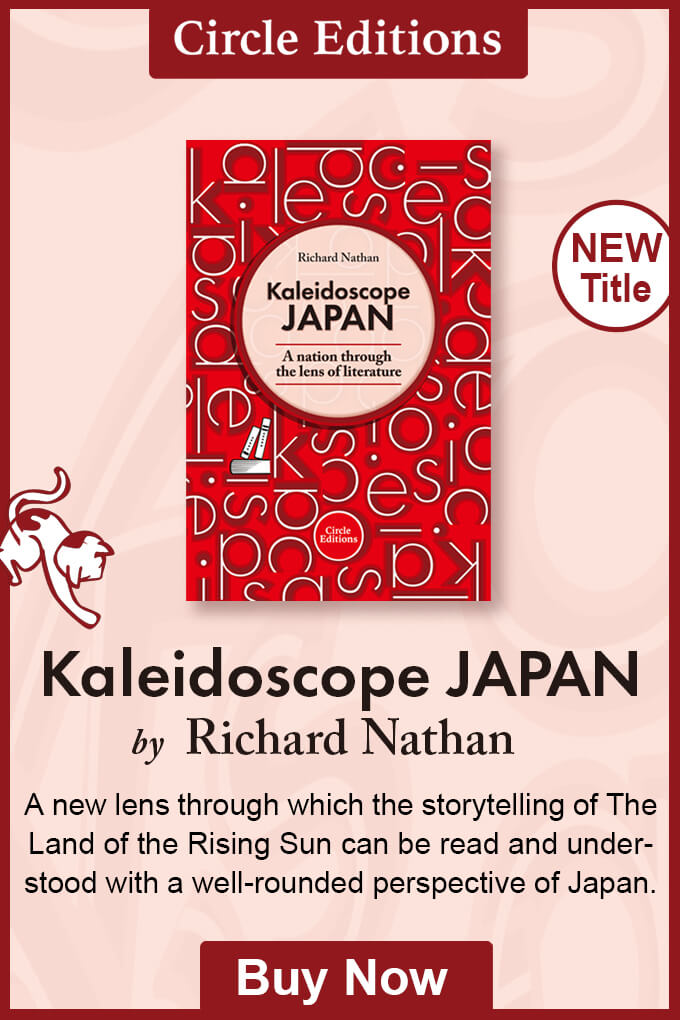Books and publications worth US$5.4 billion are sold every year in Japan[UPDATED: 10-23-2017]
According to the International Publishers Association (IPA), the Japanese market for books and publications, the fourth-largest in the world, has annual sales of US$5.4 billion. Despite the overall size and hundreds of millions of books being bought every year in print and digital formats,… Read more »
- TOPICS:
- Industry
- IPA
- Market Data

